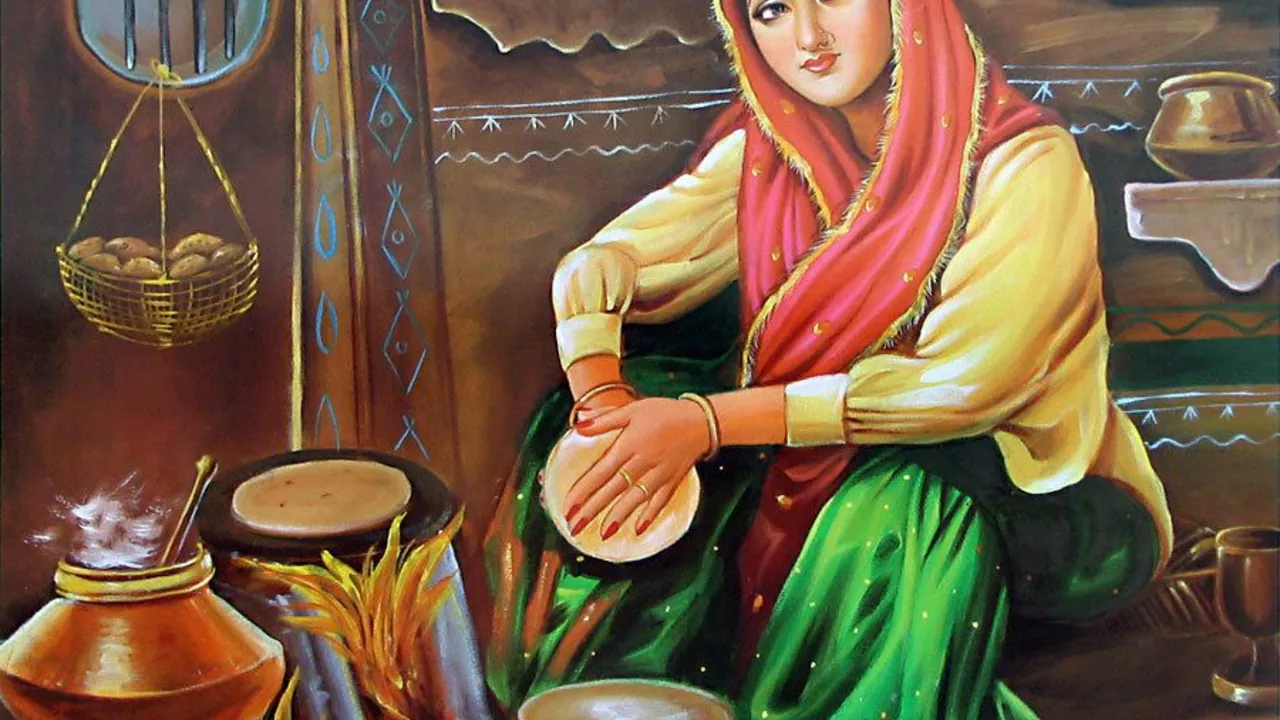- 23.07.23
- Aarav Chatterjee
- 0

Family and Tradition: The Core of an Indian's Life
The heart of an Indian's life can be found in the bonds they share with their family and the traditions that have been passed down through generations. Family forms the backbone of an individual's life in India, where families are often tightly knit and deeply involved in each other's lives. The concept of joint families, where multiple generations live under the same roof, still holds strong in many parts of the country.
Traditions, too, play a significant role in defining an Indian's life. Festivals, rituals, customs, and traditions form an integral part of their cultural identity. These traditions often revolve around life milestones such as births, weddings, and even deaths. They serve as a link to the past, a celebration of the present, and a legacy for the future.
The Role of Religion and Spirituality
Religion and spirituality form another key component of an Indian's life. India is a melting pot of diverse religions, with Hinduism, Islam, Christianity, Sikhism, Buddhism, and Jainism being the major ones. Religion influences several aspects of an Indian's life, guiding their daily routines, dietary habits, and even their ethical and moral compass.
Religion in India extends beyond mere faith and belief. It is intertwined with the cultural fabric of the country, influencing art, architecture, literature, and music. The grand temples, the melodious hymns, the vibrant festivals – all are manifestations of the deep-seated spirituality that pervades an Indian's life.
Education: A Stepping Stone to Success
Education is highly valued in Indian society. It is seen as a stepping stone to success and a means to uplift one's socio-economic status. From a young age, children are encouraged, often pressurized, to excel in their studies. Higher education, in particular, is seen as a ticket to a stable and prosperous life.
However, education in India is not just about academics. It is also about instilling values and morals, about creating responsible and compassionate citizens. The guru-shishya parampara, or the teacher-student tradition, is a testament to this holistic approach to education in India.
The Pursuit of Career and Financial Stability
Like anywhere else in the world, career and financial stability are crucial for Indians. With the economic liberalization in the 1990s, India has seen a surge in career opportunities. Indians are making their mark in diverse fields, from technology and medicine to arts and sports.
Financial stability, in particular, is seen as a marker of success. It is often linked with personal accomplishment and societal status. The pursuit of a stable career and financial independence is thus an important aspect of an Indian's life.
Food, the Essence of Culture
Finally, one can't talk about an Indian's life without mentioning food. Indian cuisine is as diverse as its people, with each region having its unique culinary traditions. Food is not just about sustenance, but also a celebration of culture and community. From the elaborate thalis to the humble street food, Indian cuisine reflects the richness and diversity of its people.
Food also forms an essential part of Indian festivities and rituals. Be it the ladoos for Diwali, the biryani for Eid, or the cake for Christmas, no celebration is complete without its signature dishes. In a way, food is the thread that weaves together the colorful tapestry of an Indian's life.
Write a comment